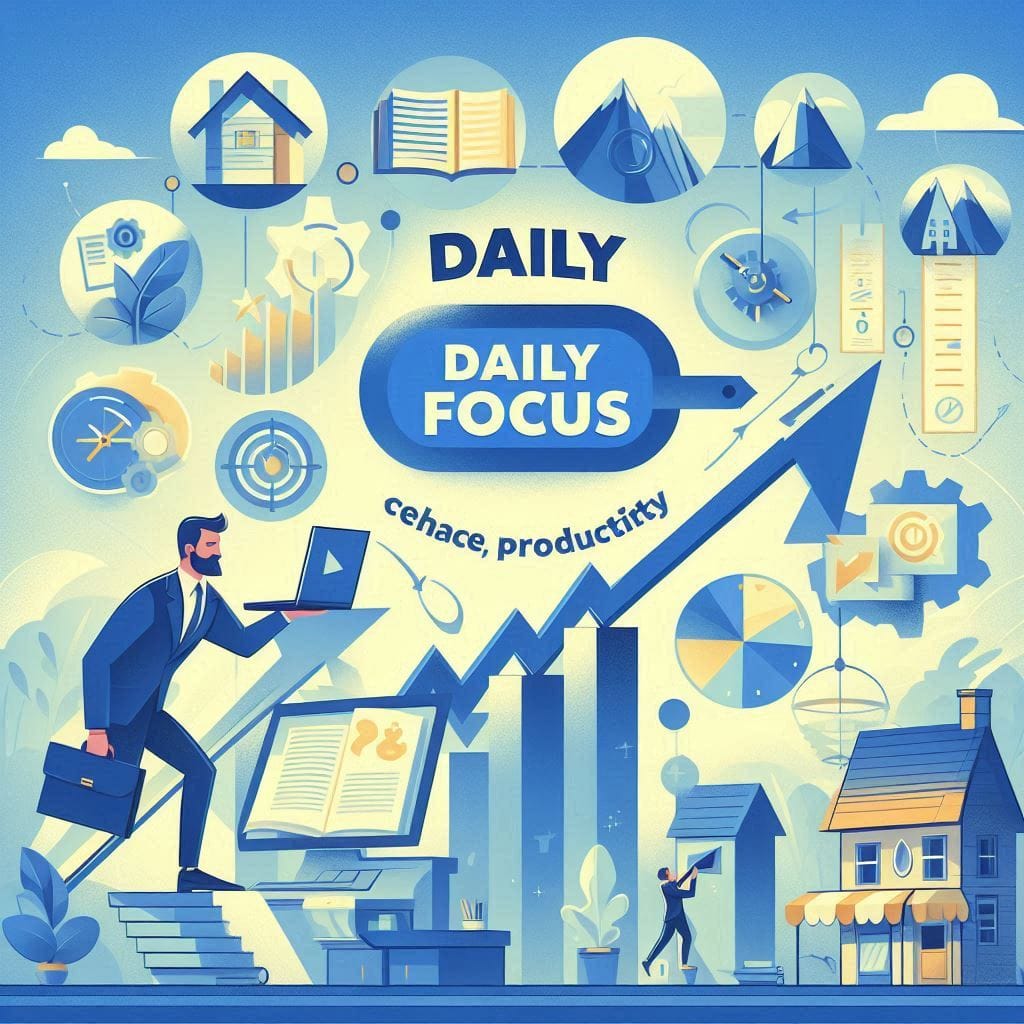Table of Contents
- Introduction: Why Work-Life Balance as a Software Developer
- Setting Clear Boundaries
- Managing Remote Work Expectations
- Recognizing and Addressing Burnout
- Prioritizing Health and Well-being
- Leveraging Flexibility Wisely
- Time Management Techniques
- Connecting with the Tech Community
- External Resources for Further Reading
- Final Thoughts
Introduction

Introduction
Balancing work and life as a software developer is a challenge many in tech face. With remote work often blurring boundaries and increasing demands, mastering this balance is essential for long-term success and well-being. This article delves into strategies to help software developers navigate these challenges, with insights on setting boundaries, managing burnout, and fostering a sustainable tech career.
1. Setting Clear Boundaries
One of the most important steps in achieving work-life balance as a software developer is setting clear boundaries between work and personal life. Many developers find it helpful to establish a dedicated workspace at home and set defined working hours. This separation helps to mentally distinguish work time from personal time, even when working remotely.
Pro Tip: Communicate your availability to colleagues and clients. Setting expectations around when you’re online and reachable helps you avoid after-hours interruptions and creates respect for your time.
2. Managing Remote Work Expectations
Remote work has become the norm in tech, but it comes with unique challenges. To balance work and life as a software developer effectively, it’s important to create a routine that works for you. Start by aligning with your team’s expectations regarding responsiveness and project deadlines. Over time, these boundaries make it easier to focus on work without overextending personal time.
Tip: Use a “shutdown ritual” at the end of your workday to signal the end of work hours. This could be as simple as closing your laptop, taking a walk, or engaging in a hobby to shift into personal time.
3. Recognizing and Addressing Burnout

Recognizing and Addressing Burnout
Burnout is a real concern in high-stress tech environments. If you find yourself feeling constantly drained, losing motivation, or unable to focus, it may be time to reassess your workload. Learning how to balance work and life as a software developer means recognizing the signs of burnout early and making adjustments before it becomes overwhelming.
External Resource: Check out The Developer’s Guide to Avoiding Burnout for additional insights on preventing and managing burnout.
4. Prioritizing Health and Well-being
Balancing work and life as a software developer also means taking care of your physical and mental health. Regular exercise, healthy eating, and adequate sleep contribute significantly to productivity and overall happiness. Make time for activities that you enjoy, whether that’s going for a jog, meditating, or reading a book.
Internal Link: For tips on how a developer can improve their coding skills while maintaining mental health, read our article on Becoming a Better Coder.
5. Leveraging Flexibility Wisely
While tech jobs often come with flexible hours, this freedom can sometimes lead to poor time management. To make the most of this flexibility, set a schedule that prioritizes your most productive hours. Experiment with work blocks and break times to find a rhythm that balances productivity and rest.
Pro Tip: Flexibility also means allowing yourself a “no-work” day to recharge, so don’t hesitate to schedule time off as part of your self-care routine.
6. Time Management Techniques
Balancing work and life as a software developer often comes down to how well you manage your time. Techniques like the Pomodoro method, time-blocking, or setting daily priorities can be highly effective. These methods help you accomplish tasks efficiently, leaving you with more time for yourself.
Suggested Technique: The Pomodoro Technique involves working for 25 minutes, followed by a 5-minute break. After four rounds, take a longer break to refresh. This rhythm helps maintain focus and prevents mental fatigue.
7. Connecting with the Tech Community

Connecting with the Tech Community
Isolation can add to stress in remote work settings. Building connections within the tech community can help you balance work and life as a software developer by providing a support network. Engaging in forums, attending virtual meetups, or participating in open-source projects can be rewarding and refreshing.
External Resource: Join the TechXcode Reddit Community to share your experiences and learn from other developers about maintaining work-life balance.
8. Setting Career Goals and Personal Goals
It’s easy to focus solely on career goals in tech, but personal goals are equally important. Whether it’s learning a new skill, pursuing a hobby, or spending quality time with family, setting goals outside of work enriches your life. Balancing work and life as a software developer means not only progressing in your career but also finding fulfillment in your personal life.
Internal Link: For tips on how to advance in your career while maintaining balance, see our article on The Programmer’s Toolbox: Essential Tools and Gadgets.
9. Embracing Downtime and Hobbies
A key part of balancing work and life as a software developer is learning to truly disconnect from work. Embrace your downtime by investing in hobbies or activities that bring you joy. Whether it’s painting, playing an instrument, or exploring the outdoors, these pursuits can enhance creativity, reduce stress, and give you a fresh perspective when you return to work.
10. Final Thoughts on Work-Life Balance for Developers
Balancing work and life as a software developer is not just about managing tasks; it’s about cultivating a lifestyle that supports long-term success and happiness. By setting boundaries, addressing burnout, managing time effectively, and nurturing your well-being, you can find harmony in a tech-driven world.
This guide aims to empower developers to enjoy a fulfilling life both inside and outside of work. Take charge of your work-life balance, prioritize health, and make conscious choices that lead to a sustainable career. Remember, a balanced life makes for a more effective and happier software developer!



Thanks for sharing. I read many of your blog posts, cool, your blog is very good.
Your article helped me a lot, is there any more related content? Thanks!
Can you be more specific about the content of your article? After reading it, I still have some doubts. Hope you can help me.